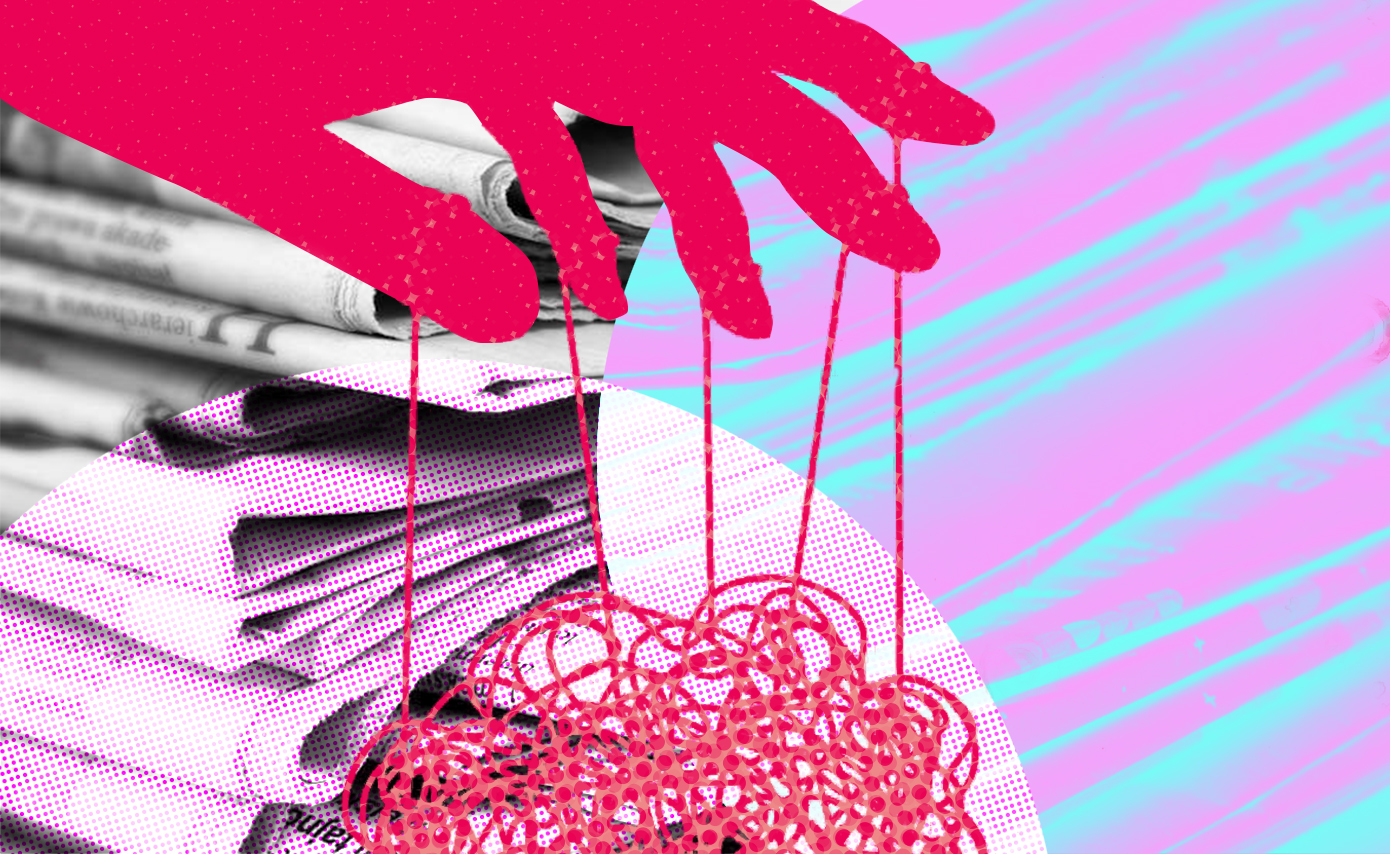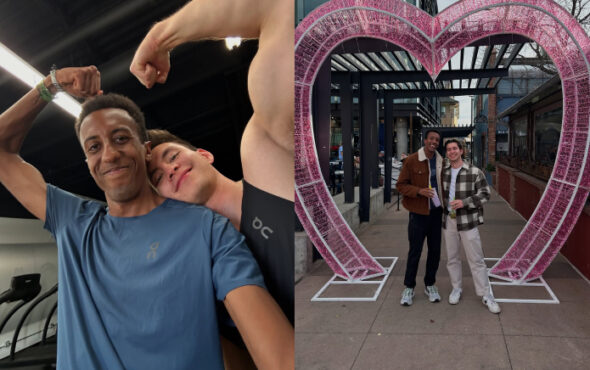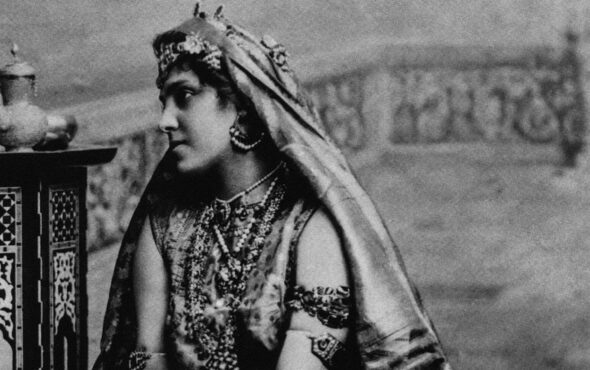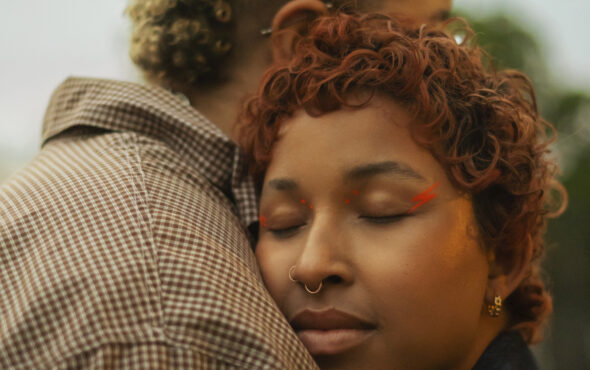
I walked into a tree this week, rendering me dazed and embarrassed, but now with a wonderful slice through my forehead. It got me to thinking, am I Harry Potter, or am I just a cis person dressing up as someone who’s trans to murder people? Not the most valid question, but a question nonetheless. (Yes I’m taking the piss, if I was ever done for a serious crime it would obviously be money laundering.)
Can you tell I’m bored? We’re bored? As trans people, sitting down often leads us to scrolling through social media, much like the rest of the nation. But instead of scrolling past TikToks of budgies singing Beyoncé, we are faced with the reality of a climate of transphobia both online and in person. An environment that is unforgiving, and often unnecessary. It begs the question, who are the people that need to see constant articles about your mum’s best friend being a transphobe? Or your favourite author thinking that trans women are a danger to cis women? Not me.
The irony of a white cis woman explaining that her views are being silenced, despite the fact that her comments publicly create a worldwide discussion about ‘cancel culture’, and numerous segments on nauseating morning shows that continue to rake over her opinions as if they just fell out the ass of Stephen Hawking. It’s all a distraction that ends up creating a dialogue to make it seem like trans people actually care about these issues. It makes it seem like we are banging the drum and raising our voices just solely about famous people who decide they want to be bigots. We’re not. In a month where we have just had the biggest Trans Pride in the UK in London, with thousands of trans folks and allies marching through the city showcasing our beauty and diligence, as well as demanding our Government do more, our focus is not aligned with these distractions.
Queer media has a part to play in this. Constant streams of ‘breaking news’ exclaiming that Hagrid – yes Hagrid – is now a transphobe, trickling out to millions of followers doesn’t actively do anything other than give performative allies something to share. It’s not important to me, and us, as trans people, to know that a celebrity doesn’t like us. All it does is create a culture war that plays into the hands of those that want to attack us. It gives ammunition to the right wing, and those who continually say that we are just a ‘loud minority’. Yes, it’s important that we condemn and explain what people like Ms Rowling have said, but do we need rolling news of her every breath? No. It’s unethical and actively impacts the mental health of those that are living the experience you’re talking about everyday.
It’s also not an isolated incident. We’ve had the same distracting arguments arise around race. Take the uproar when the BBC decided they might not play the hit song of the summer (in 1740) Rule Britannia at the Last Night of The Proms. A song steeped in racism and colonial history, of our nation’s savagery across the Global South, yet John from Crewe feels put out that he can’t wave his Union Jack boxers out of his window during the final concerto.
The roots of these devoid discussions are embedded within white supremacy, and right wing narcissism.
It’s a conversation that’s not balanced, and is not necessary. It creates a dynamic of hysteria around a ‘removal’ of something that is cherished, yet the people cherishing said ‘tradition’ never cared about it in the first place. All of their care is centred in the idea that someone who is Black, or someone who is trans, is ‘taking’ something that is theirs. The roots of these devoid discussions are embedded within white supremacy, and right wing narcissism. If the motivation behind these fallacies is preservation then it’s racist and transphobic, because you’re trying to preserve a state that is built on a legacy of cisgendered white supremacy.
Social media is a movement that is riddled with toxicity, and it often feels like queer people – specifically gay men – adore this sense of ‘drama’ when it comes to people like JK Rowling. Their iced coffee goes down, and their fingers ignite with retweets and likes, sharing their anger at their mystical mother not turning out to be the all-loving McGonagall maternal figure we thought she was. But that’s where their allyship stops. Many performative allies think that by sharing a tweet that highlights a famous face as a facist fallout means that their job is done. But it’s not even begun, because the causes we actually care about are continuing to be ignored. Take the fact that in the US, this year has been the most deadly time for Black trans women. That our current Government still seems it suitable to dangle the carrot of GRA reform in front of our faces whilst trans people wait over two years to just receive an appointment. The fact that one in four people who are homeless are LGBTQ+, and during lockdown the queer community has suffered inextricably because of failures from our own Government. Yet you think I care about JK Rowling? Do me a favour.
Listen, I get it. Her comments aren’t isolated, and they speak to a larger pattern of transphobia and anti-trans rhetoric from TERFs in the UK. It highlights the very British nature of feminism within this country, that brings the seemingly supportive feminists out of the woodwork. It’s a challenge, and a real issue impacting our community. But profiling one woman, who has decided to also use a ‘man who dresses as a woman to murder people’ as the subject of her new book, is giving your energy to the wrong fight. Use your finger power, and emotional energy that you would’ve used to write a quippy tweet about Hagrid, to actively support trans queer youth, Black trans creatives, and those on the fringes who need your one-on-one help right now.



